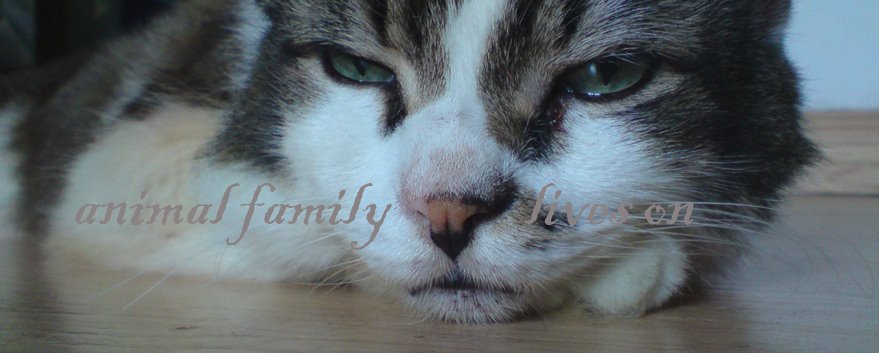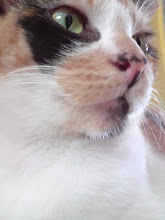in a review of narnia, a critic says the talking beasts phenomenon is more than just high storytelling, that there may be a deep theological importance in the ability of animals to speak. "We are all, as (C.S.) Lewis reminds us in Mere Christianity, filled with a longing for the original holiness of Eden. We all too, he adds, long for paradise in the future. Narnia reminds us that an essential part of that longing is a healing of the old wound between man and beast. Was it not through a talking beast, the serpent, that temptation first entered the world? Ever since then, sin has separated man from God, and man from creation-including its animals. Sin has sundered man from God, the angels, the beasts, and even the inanimate world about him.
The world of Narnia is not free from these effects of the fall. But there is hope, given in certain kinds of literature. J. R. R. Tolkien comments on this hope with his usual insight in his essay "On Fairy Stories." Fairy tales, in his view, satisfy "the desire of men to hold communion with other living things." This remark naturally presupposes an absence of communion in our present state. For most of us, serpents do not tempt, donkeys do not rebuke their masters (Num. 22:28), and badgers do not offer us tea. "Living things," Tolkien adds, means more than dwarfs, fauns, and elves. He includes inanimate nature, too. We desire a kind of communion with all created things, animate and inanimate. Stones, rivers, birds, trees: Tolkien notes that fairy tales give speech to all these things. (We are thus not far from Tolkien's creation of the Ents, the talking trees, in The Lord of the Rings. How amusing and revealing are C. S. Lewis's recollections of Tolkien as a man who would actually embrace the trees. How rich that Tolkein would base his Entish leader Treebeard on Lewis.) In sum, man desires to be in communion with the whole world; he looks for right relationship with all of God's creation. Fairy tales in part reflect that desire."
theological or not, this longing is all too real for the woman who increasingly feels a sharp disconnect from her dense flourescent manufactured urbanscape.
the woman has new found respect for *Wendy*.
Wendy has nurtured an elaborate garden-like sanctuary, a 'hideaway' she calls it, that in no uncertain terms reclaims her unique brand of sanity in this complicated, crazy world. be it that we all know how to stroke our own battered souls by simple, finite means.
there are some questions too big for a cat to wrap her mind around. i am content that the woman holds me like she is holding a precious piece of paradise. i am a finite thing of natural beauty that will have to do, for now.
Easy Peasy Sunday
23 hours ago


2 comments:
i admire your open mind not to judge or label Wendy as "not normal".
in this world today, i seriously dont think anything can be labelled as normal.
just look at cloning and the wars...
humans are generally a sad species that will drive itself to extinction, one day. some of us forget and they act like they are gods. one example is the town councils. what right do they have to dictate whether the cats live or die?
I always wonder in amazement how we "rationalize" our action of killing by using the label "pests". I think homosapiens are the great pests in this current history of existence. See how fast we have accelerated the destruction of earth. Our arrogance is the cause of our demise and yet we always point fingers out.
Post a Comment